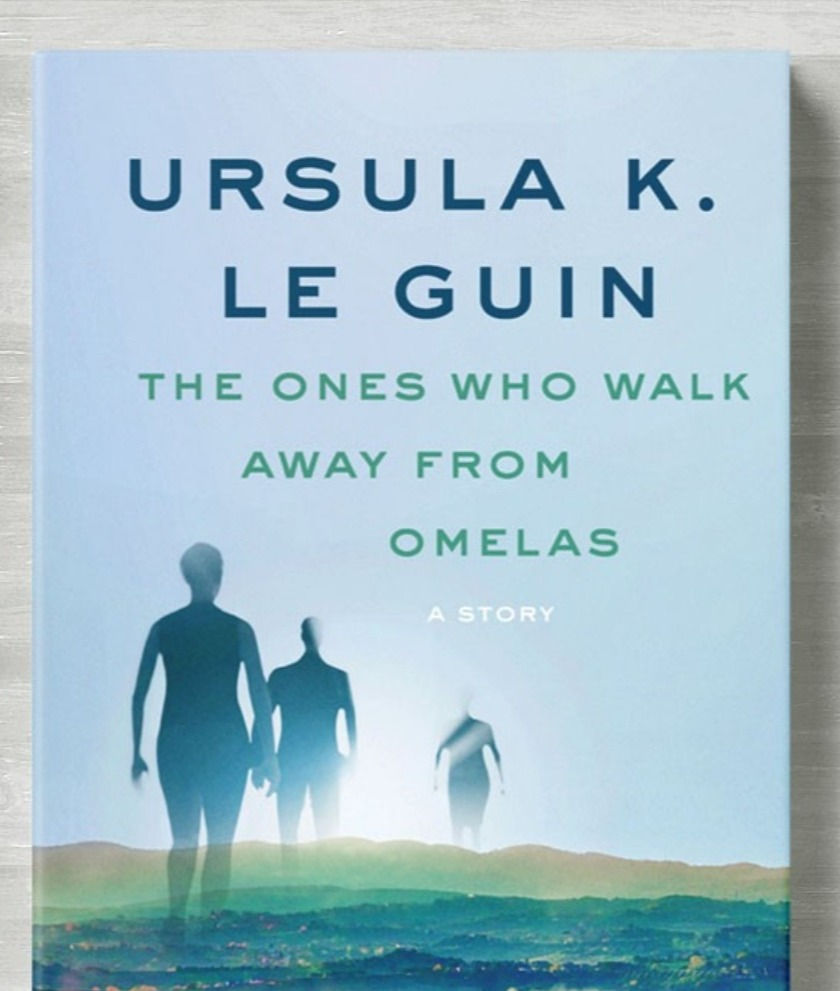The Ones who Walk Away from Omelas
- Avni Aggarwal
- Oct 6, 2021
- 2 min read
I had first come across the short story ‘The Ones who walk away from Omelas’ in my high school English class, and I had loved the story for its mystical descriptions, both vivid and ambiguous at the same time. In uni, I revisited Omelas, and looked at it from a more analytical perspective, keeping in mind the power stories have to tap into the undesirable and oft unspoken qualities of our society.

In the story, readers are introduced to the mysterious world of Omelas, that seems to transcend all barriers of time, place, and space. The narrator builds up the seemingly utopian city, encouraging the readers to take part in its construction, while also exploring the idyllic life of its citizens. Omelas appears to be the perfect, exotic, fairy tale city, where everyone and everything is flawless. But then, without warning, the story takes on a darker tone, and it is revealed that behind the wealth and riches and happiness of the citizens is the ‘abominable misery’ of a child in the darkest basement of Omelas. The citizens have two choices: to leave the city, thus removing themselves from the child’s suffering; or stay on, knowing that for all their joy, there is a miserable child out there paying the price.
The ‘morally correct’ option is seemingly obvious: leave the city and refuse to be part of a social contract that trades the freedom of a child for the radiance of a city. However, the more you delve into the analytics of Omelas you realise that the city is not so different from the world we live in today. David Brooks, in his discussion of this piece, suggests that Omelas is representative of modern society where our prosperity and social comforts depend on some faraway child in the basement. The ‘child’, he says, could be an euphemism for an exploited, underpaid worker, toiling long hours in a factory to make products to satisfy our material wants. And while many of us subscribe to a repertoire of values based on the idea that a human being is an end; not a means, life is filled with tragic trade offs.
In Jeremy Benthan’s definition of utilitarianism, a situation which produces the greatest happiness for the greatest number of people is ‘right’. According to this, after calculating the net ‘happiness’ derived from people leaving and staying in Omelas, you realise that in the utilitarian view, staying back is the morally right option.
While this story aims not to be a lesson in morality, at the conclusion of the narrative , the readers are left thinking about the impact their choices have on the society they live in. Le Guin leaves it up to the readers to decide for themselves, the choices they would make. Would they subscribe to the social contract presented in Omelas, and stay on despite being aware of the plight of the child; or would they give up their wealth, happiness, and comforts, they are so accustomed to, and walk out into the unknown like ‘Those who Walked away from Omelas’?








Comments